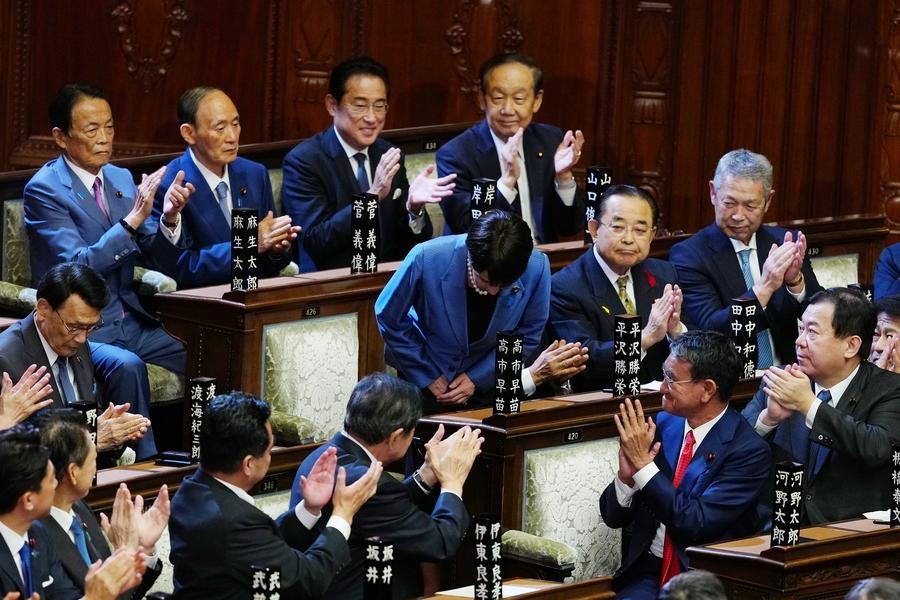Education sector needs a soft-power safety 'bubble'


The vulnerability of soft power during the 2020 pandemic is a cause for concern.
In its purest form, soft power is an unwitting effect primarily of virtuous behavior and secondarily of virtuosity of crafting tangible and intangible cultural artifacts. Its co-option by states in the geopolitical theater infects it.
Cooperation in education at all levels is a key area where people-to-people exchanges become magical networks of soft power. Australia and China had an enviable history of educational cooperation in the first decades of the 21st century. The 2020 pandemic put the skids on this through restricted travel. Geopolitical rhetoric has sullied soft power generation.
There is sense in relocating educational cooperation from the geopolitical frame to a safe soft power "bubble". In opening-up educational exchanges in the COVID-19 era, the two countries need to protect the sector in a safe bubble-against biological and geopolitical virus transmission.
This needs a code of conduct for educational cooperation under COVID-19 developed by educators and policymakers. Geopolitics is best kept at bay except as an area of academic inquiry.
This will be a difficult proposition but one that would well serve international relations between Australia and China and the educational needs of students. Australian and Chinese students also might reflect on being good ambassadors in the best sense of cultural diplomacy rather than become pugilists in the ring of geopolitics.
At the level of state institutions (national and subnational), Australia and China could rely on tried and tested routes of reciprocity. Frameworks based on reciprocity could guide educational cooperation between institutions. States need to manage suspicion that has arisen toward foreigners in both countries during the pandemic.
Educational institutions could expand existing training in intercultural competence for staff and students. The watchwords need to be "educational excellence" and "people-to-people friendship" rather than "national influence".
This is true for institutions in Australia and China. Australia has almost a 70-year history of hosting international students under the Colombo Plan's scholarship program. China has in the past 20 years increasingly sought to attract international students.
For individual students, it is important that frameworks for behavior in the host country are scrupulously observed.
There are merits in restraining one's expression of nationalistic fervor as an Australian student in China or a Chinese student in Australia. It is in the nature of salad-day radicals to protest. Youth protests across the world in the 1960s offer a good reminder of this proclivity.
But in the COVID-19 world, the creation of a safe bubble for educational cooperation between Australia and China requires reflection on the extent to and ways in which students express nationalism overseas.
Ideally as an educational ambassador one should always seek to improve relations between the two countries rather than add to the hot air. Through cooperation in education, a better relationship can be developed between the two countries, caught as they are on different sides of several geopolitical issues.
Ideally, students, institutions and states should lock down the sector from power relations. People-to-people links in the educational sector will become increasingly important as geopolitical differences continue to infect other areas.
The author is director of the Soft Power Analysis and Resource Centre at Macquarie University in Sydney. The views do not necessarily reflect those of China Daily.
































